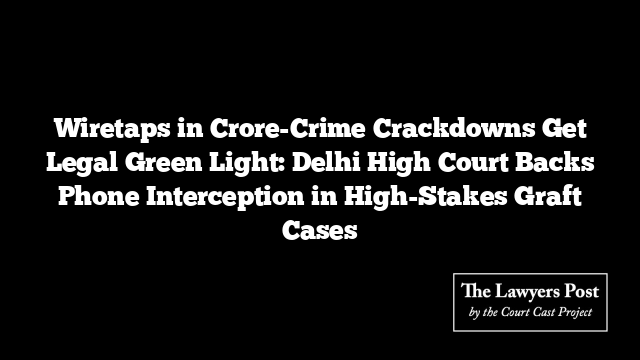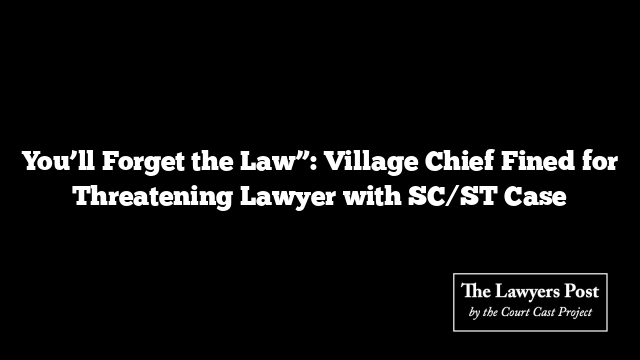In a decision that sharply delineates the limits of judicial oversight, Justice Sachin Datta of the Delhi High Court held that once national security is invoked, conventional safeguards of natural justice must yield. The bench refused to entertain any challenge to the state’s choice to withhold details under the guise of protecting sensitive information, effectively closing the door on further scrutiny.
The ruling underscores a stark trade-off: transparency gives way to the imperatives of state safety. According to the judgment, subjecting classified decisions to open court review risks exposing vulnerabilities that could be exploited against the nation. While civil liberties advocates caution that this approach may erode fundamental rights, proponents argue it strengthens the government’s hand in safeguarding the country’s strategic interests.
This precedent now stands as a clear signal that, in cases touching upon classified operations or intelligence, procedural niceties will be subordinated. As national security concerns continue to mount globally, the Delhi High Court’s stance may well shape how future challenges to executive secrecy are handled—tilting the balance decisively in favour of the state.





